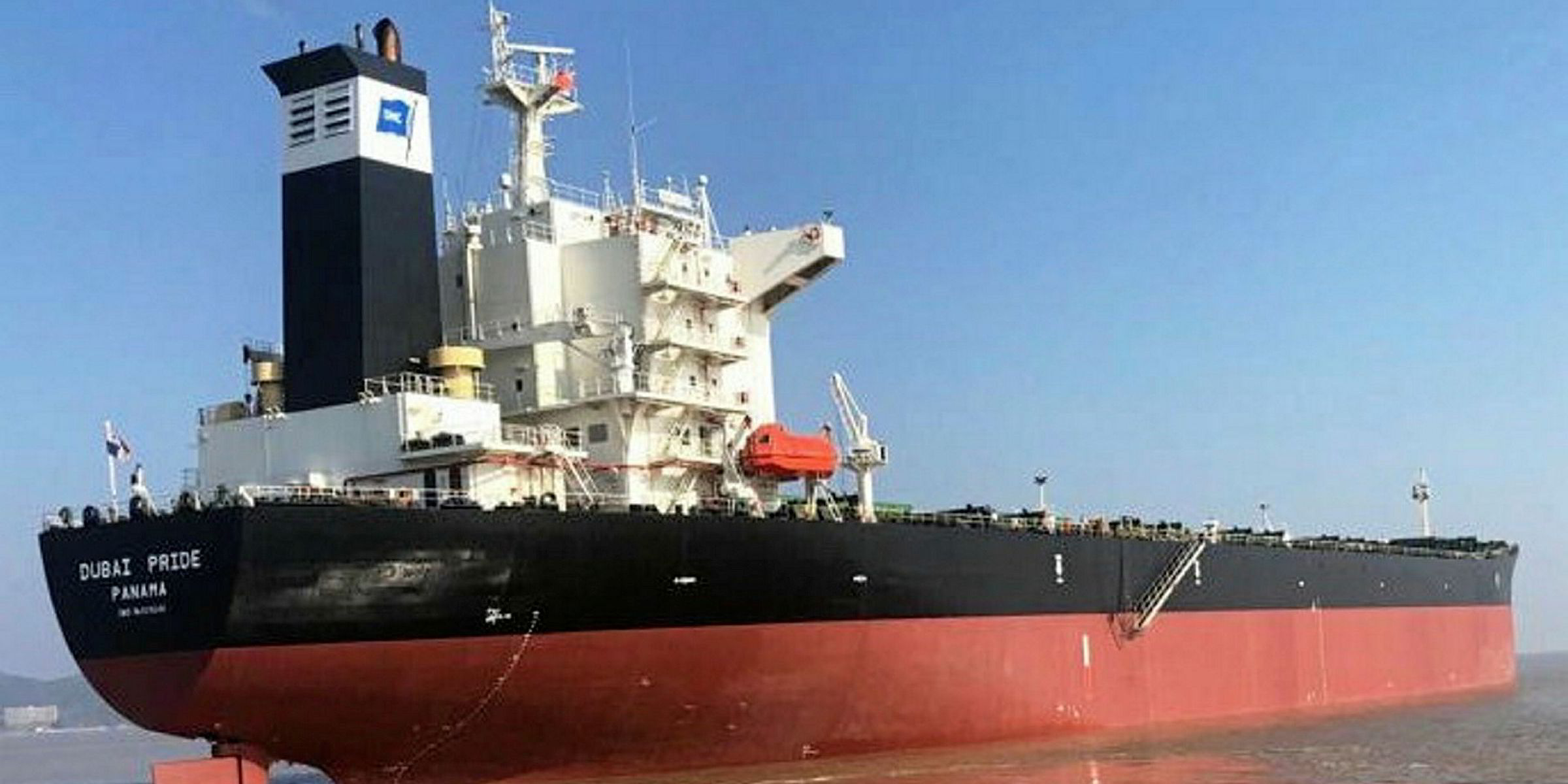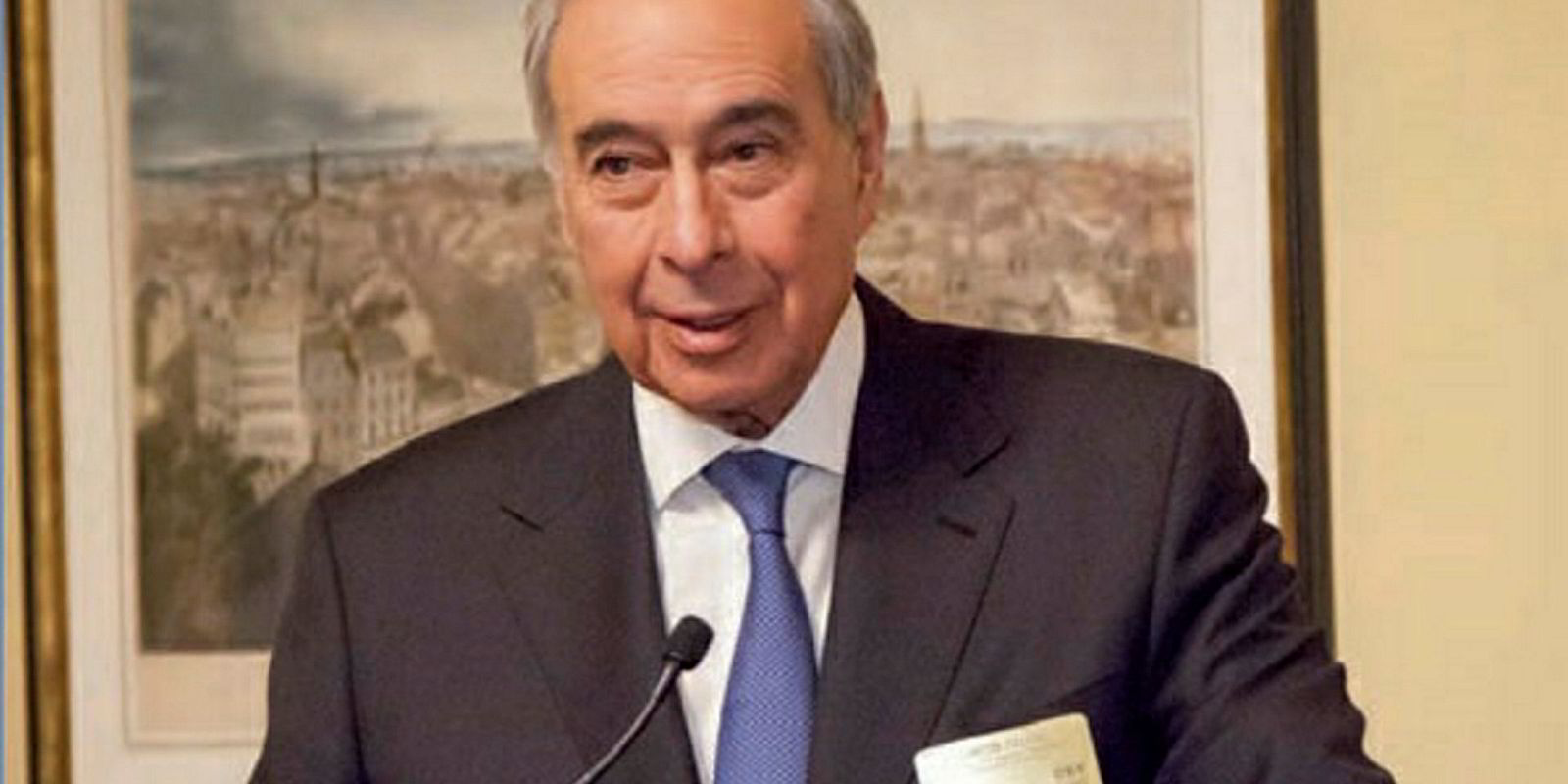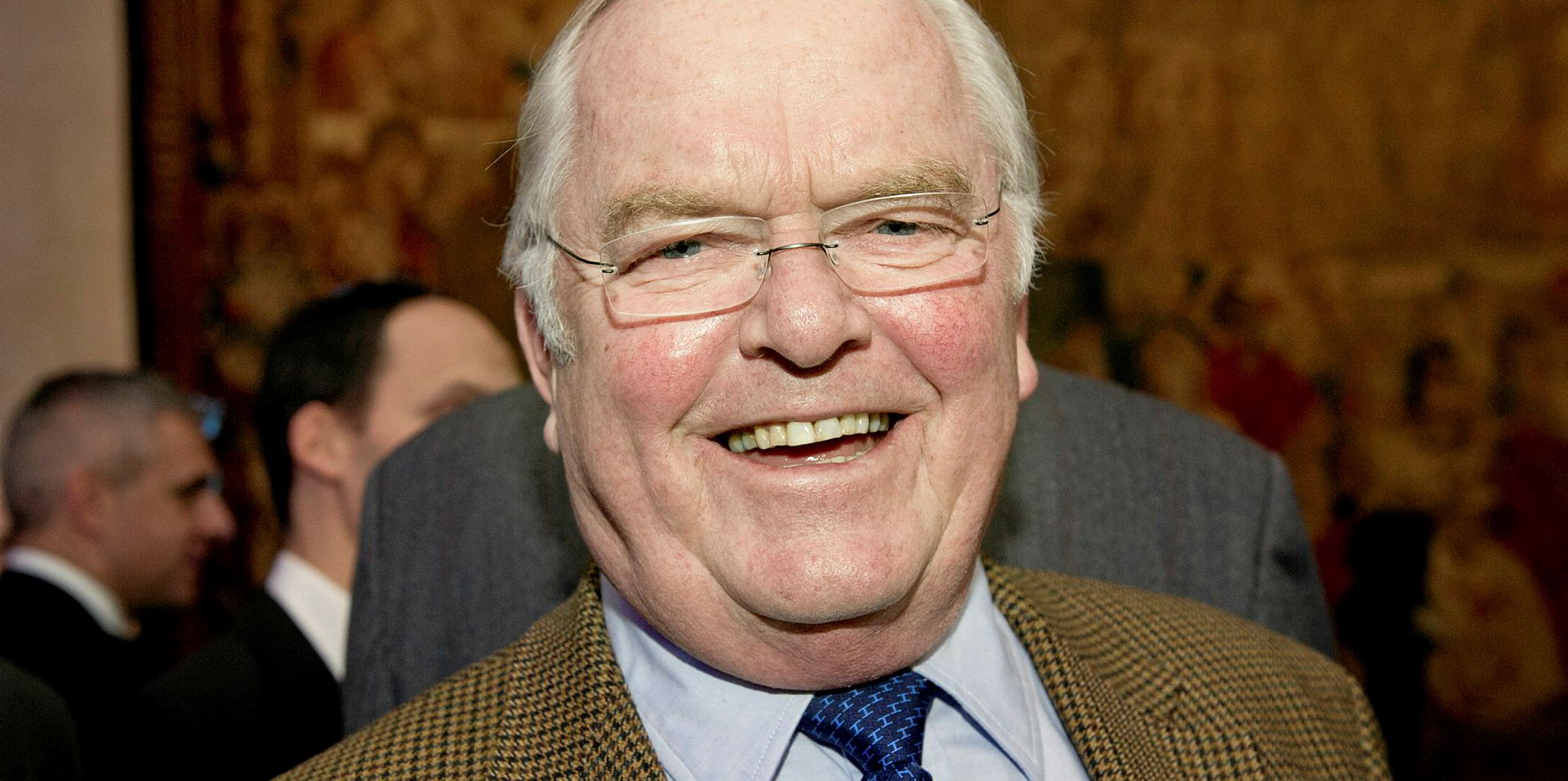Dubai Navigation, Tahir Lakhani’s shipowning outfit established last year, is planning to enter the tanker sector and to expand its bulker fleet in a low-risk, profitable manner.
The Marshall Islands-registered company will look to buy two middle-aged panamax bulkers and two aframax or suezmax tankers that fit its risk profile, chief executive Lars Juul Jorgensen says.
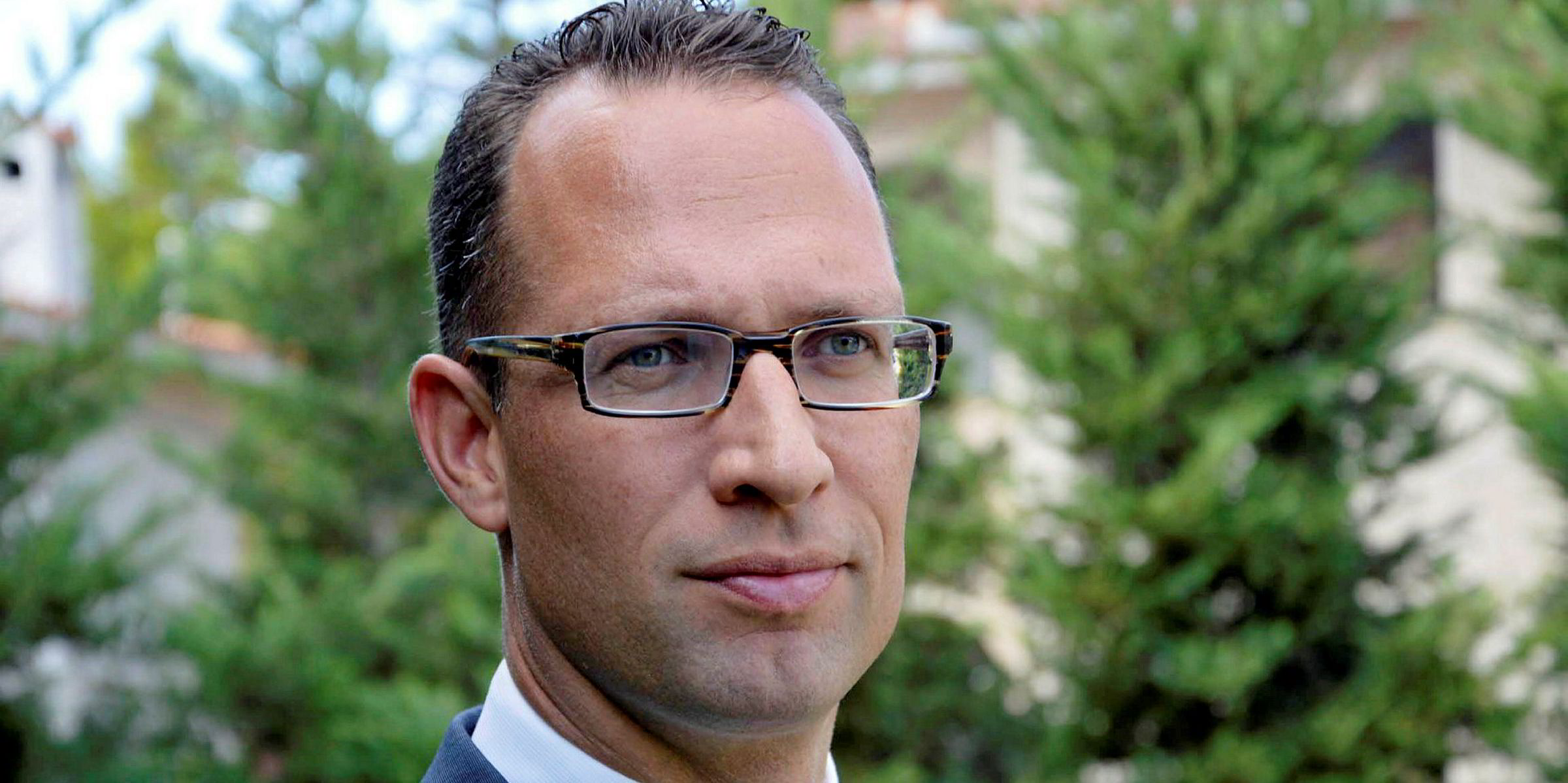
The tanker-sector debut is timed to take advantage of the asset-price cycle, Juul Jorgensen adds. Clarksons recently assessed the secondhand price for a 10-year-old aframax and suezmax at $21m and $27m, respectively, showing signs of bottoming after quarters of weakness.
Looking head, many analysts are expecting tanker prices to rise, as the outlook for freight earnings brightens on trades expected to emerge due to the incoming IMO 2020 sulphur cap.
“We think there is a nice asset-play story there,” Juul Jorgensen tells TradeWinds. “Over time, there is also a yield story, mainly because of the upcoming market disruptions [from the IMO 2020 rules].”
The planned acquisition of panamax bulkers is mainly to take advantage of the current healthy freight markets.
“Panamax ... is more of a yield play,” Juul Jorgensen says. “We still believe the bulker market has legs for another couple of years, for sure.”
According to Bloomberg’s latest survey of shipping analysts, the median forecast spot earnings of panamax bulkers will increase from $12,188 per day in 2018 to $14,263 in 2019, before rising further to $16,246 per day in 2020.
“[The bulker asset market] is currently fairly priced when compared with the charter market,” Juul Jorgensen says. “You can actually buy a bulk carrier, charter it out straight away and make a decent return.”
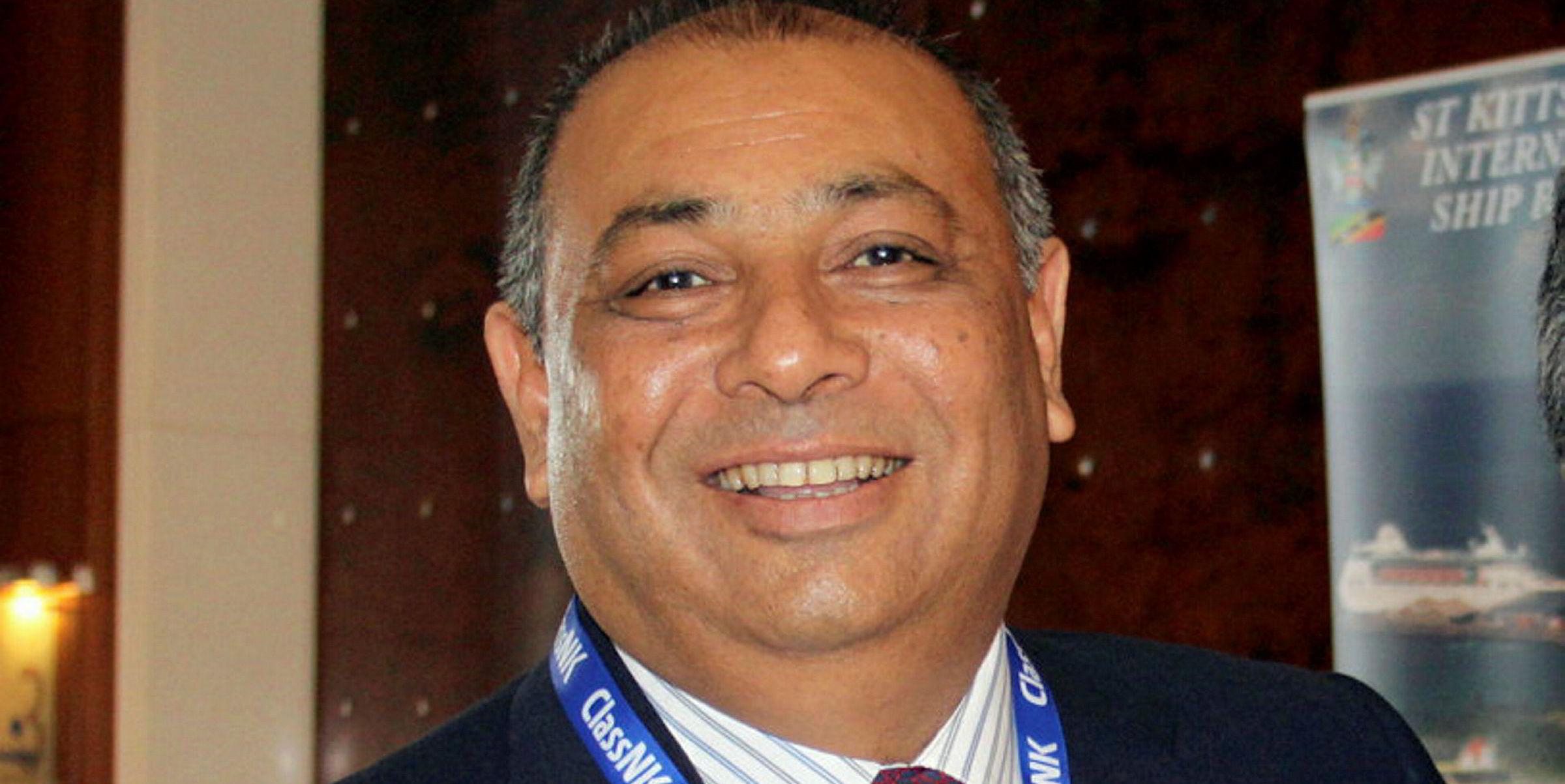
The expansion plans are based on Dubai Navigation’s current operation, which has fewer than 10 employees who deal with commercial management and operations. Shipbroker Gulfstar, which is also owned by the Lakhani family, is handling Dubai Navigation’s charter and sale-and-purchase functions.
With the current corporate scale, Jorgensen suggests it would be best to avoid the more volatile capesize and VLCC markets.
“We are not taking any major risks ... We are [only] aggressive in the segments where we can see value,” he says.
Conservative yet flexible
Dubai Navigation was founded by Lakhani as a counterbalance to his family’s volatile demolition business, so naturally the company is avoiding vessels approaching scrapping age.
But it also does not feel ready to splash on modern tonnage and newbuildings. Dubai Navigation is mainly looking for vessels aged between 10 and 13 years — a category Juul Jorgensen describes as “a sweet spot” in asset markets.
“We will leave the very young vessels for public companies, and the big boys with deep pockets,” Juul Jorgensen says.
What he aims for is a conservative company that can be flexible and profitable, with limited financial risks. The outfit’s fleet is 55% financed by bank debt, but its total scrap value amounts to 45% to 50% of fleet value.
In comparison with public companies, and when you look at the level of finance we have, we are a low risk company. Cheap finance should be available for companies like us
“In comparison with public companies, and when you look at the level of finance we have, we are a low risk company,” Juul Jorgensen says. “Cheap finance should be available for companies like us.”
Juul Jorgensen says the company would not be afraid of selling ships if the timing is good, as there is not any set investment time frame.
“We won’t have a problem to grow our fleet to 12 units and then dial it back down to three,” he says, using a more extreme example.
Asset play
Dubai Navigation acquired four bulkers of various sizes and two feeder boxships within nine months of it starting up. One of them — the 75,323-dwt panamax bulker Dubai Star (built 2001) — was bought for just below $7.5m before being sold for slightly more than $8m in the summer.
The bulkers are often fixed out on short period charters. The tankers that the company plans to buy will be hired out on time charters or deployed to pools, according to Juul Jorgensen. The two feeders are fixed to Mediterranean Shipping Co on one-year charters that will expire next summer.
“We are conservative and predictable,” Juul Jorgensen says. “We want to build up our little company ... [But] we are a profitable company and we are not going to be forced to do anything.”
